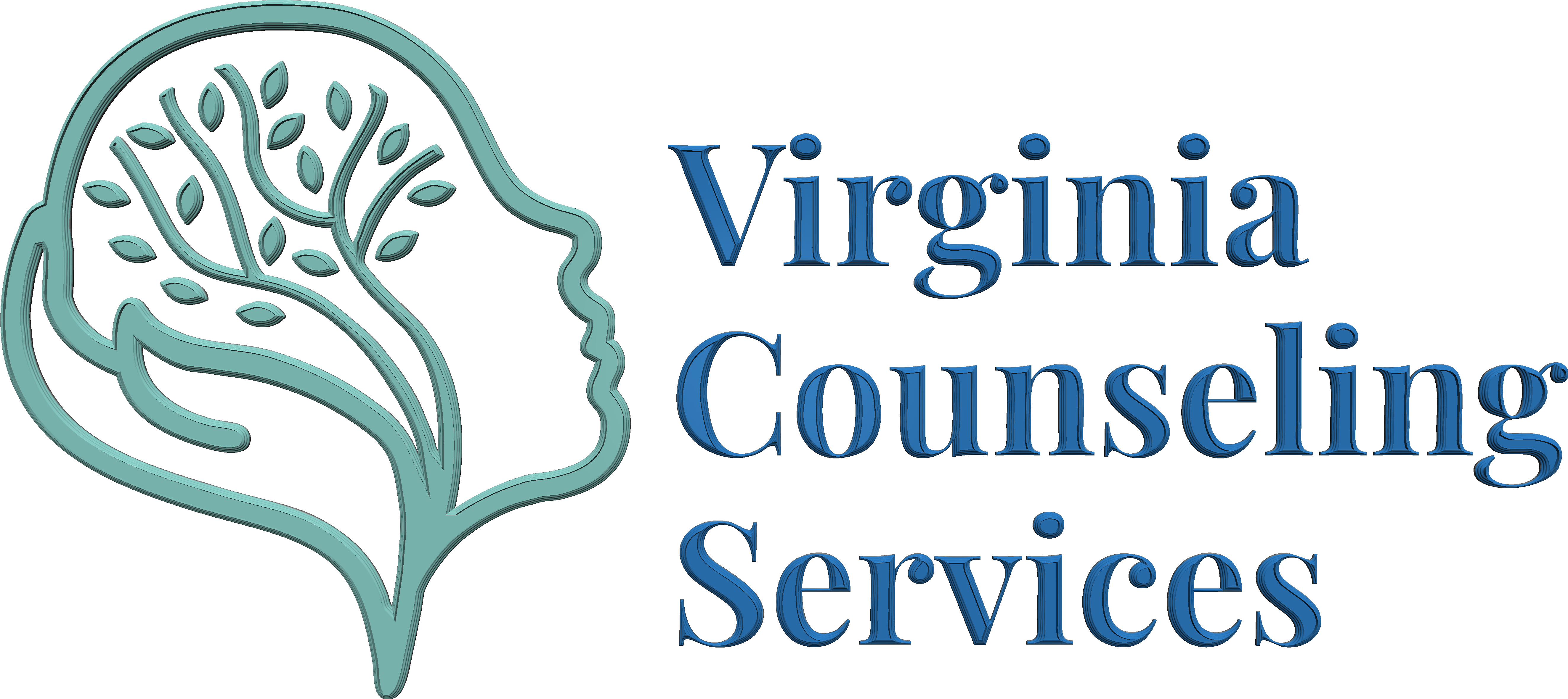Many people view post-marriage counseling negatively, assuming it’s only necessary when a relationship is in trouble. However, even the healthiest marriages can benefit from guidance to avoid relational pitfalls and heal romantic attachment wounds. We often overlook the things that frustrate us or no longer find acceptable behaviors that we once tolerated.
A marriage therapist once said, “When you can identify ten things you can’t stand about your spouse and still choose them, that’s a sign of a secure and stable relationship.” Post-marriage, we often find ourselves working through issues from our past that we didn’t know we had.
In an episode of the Clearly Clinical podcast titled “Healing Invisible Wounds: Working Through Past Sexual Trauma in Relationships” (Ep. 100), Dr. Julie Schwartz Gottman discusses a case of sexual trauma. The individual was able to maintain a sexual relationship with their partner until marriage. However, past trauma from family abuse and the commitment to her spouse created a barrier to intimacy. In addition to individual therapy for the victim, couples therapy can help explore the impact of trauma on the relationship.
While this is a delicate situation, even less impactful mental health issues can arise post-marriage as we transition from independence to interdependence. These issues can benefit from open and honest discussions with a therapist before they potentially become sources of resentment or wounds in the relationship.
Despite a growing acceptance of therapy among millennials and Gen Z, post-marital couples therapy is often seen as a last resort for failing relationships. However, it can also be a space for authentic, vulnerable conversations and collaborative problem-solving for everyday life.
Consider this: if we treated our relationships like a dream car, we wouldn’t wait until it broke down to take it to the shop. Instead, we’d take preventative maintenance seriously and stick to a recommended schedule. As a professional, I recommend a check-in six months post-marriage, followed by quarterly maintenance sessions with a licensed professional. This approach can help couples build the healthiest, most thriving marriage possible.

